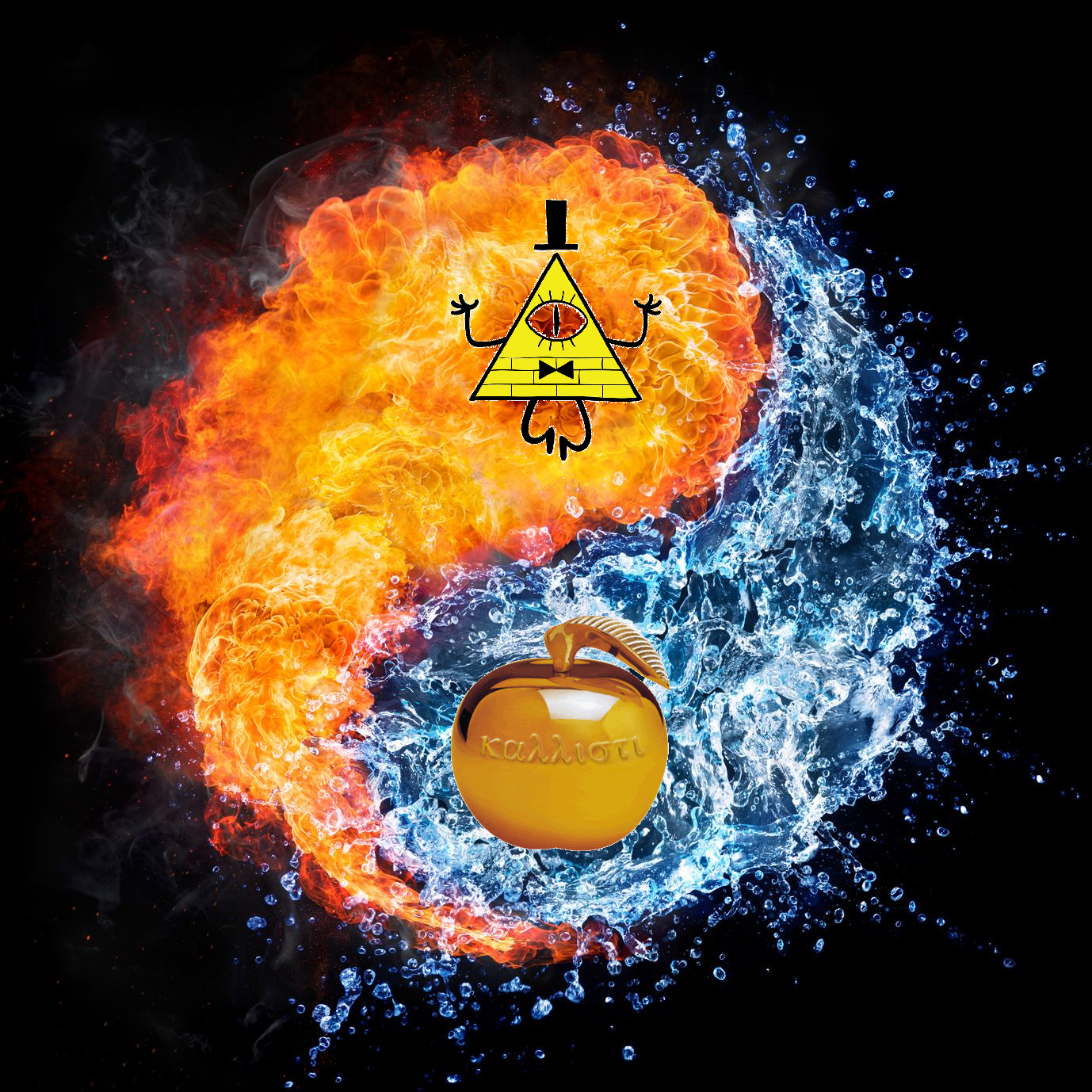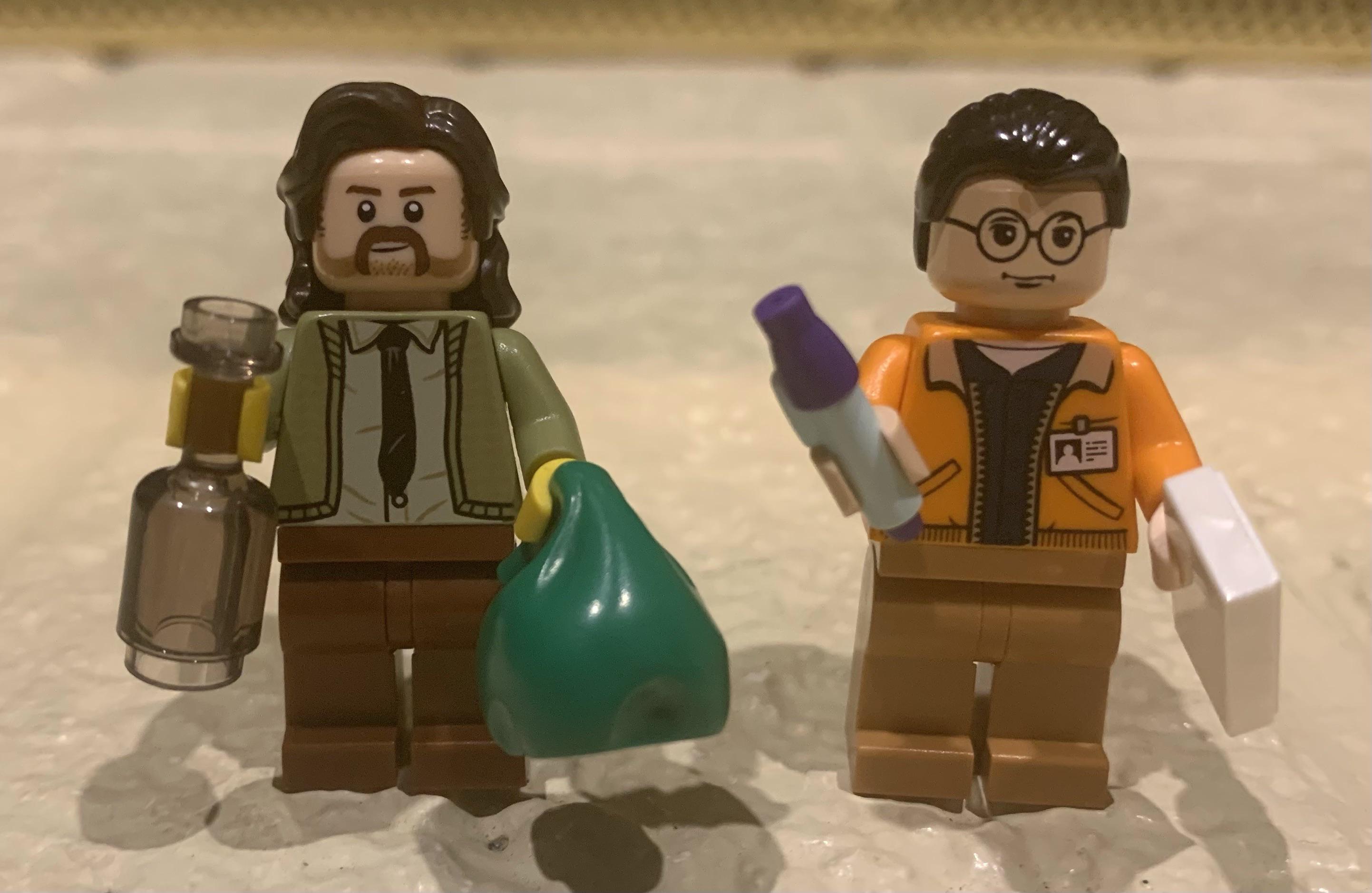“I’m deeply concerned about what this threat means for the nation,” Dr. Rahul Gupta, the White House director of the Office of National Drug Control Policy, said in May when he warned that xylazine is a major emerging health threat.
According to Gupta’s office, xylazine-positive overdose deaths increased tenfold in the southern U.S. from 2020-2021, sevenfold in the western U.S. and fivefold in the Midwest. Most of those drug deaths also involved fentanyl.
Over the years, xylazine has occasionally turned up in street drugs, but over the past 12 months, it suddenly went viral. Overdose deaths and severe medical complications — including terrible flesh wounds caused by the chemical — have soared in the South and West, where xylazine had been almost unknown.
Xylazine also makes it much harder to revive people after fentanyl overdoses, and the chemical adds another layer of intense addiction and cravings.
“People who are in this are getting sucked further and further and further in,” said KC, who uses street fentanyl in Dover, Delaware. She said xylazine is making addiction deadlier and harder to escape. “It just feels kind of hopeless right now.”
Drug experts say they only have theories about who’s adding xylazine into street drug cocktails — and why.
I work in Addiction Medicine and xylazine is not a new problem; the media is just now picking up on it. Certain states are not supportive of harm reduction (access to naloxone, syringe service programs, etc) which only makes xylazine in the drug supply worse.
Xylazine is not approved for use in humans. It is used as a sedative in veterinary medicine, which is why it’s referred to as “tranq” on the street. The closest drug we have in humans is clonidine. We are not sure how xylazine works in humans. Xylazine was previously studied in humans to treat hypertension; however, it was not approved by the FDA due to causing severe hypotension and bradycardia. It’s still extremely important to administer naloxone to suspected opioid ODs even if xylazine use is suspected even though naloxone has no affect on xylazine.
Xylazine is also cytotoxic and causes necrotic wounds and ulcerations in people who inject drugs.
Great write up! In harm reduction, we are also encouraging rescue breathing due the respiratory deppresant effects of the drug. A narcan every two minutes and rescue breathing until their breathing returns to normal (one breath every five or six seconds) seems like best practice right now.
I also like your write up because it avoids inflammatory language like ‘flesh eating drug’, ‘zombie drug’, and whatever else news media uses to get ad money.
Thanks for all the info! It’s especially helpful to know that naloxone/narcan is still recommended even if the fentanyl has been mixed with xylazine.
The sawbones podcast has a good xylazine explainer that also covers some of the harm reduction approaches people are taking to manage this.
I’ll have to check that out. It can be hard enough to bring someone back from a fentanyl OD even with Narcan, so it’s definitely concerning to think that xylazine could make it even harder.
Definitely very scary.
So supply constraints on harmful drugs due to law enforcement are causing suppliers and users to turn to even more harmful drugs to cope. Quel surprise!



